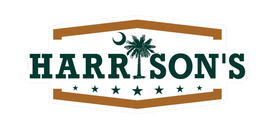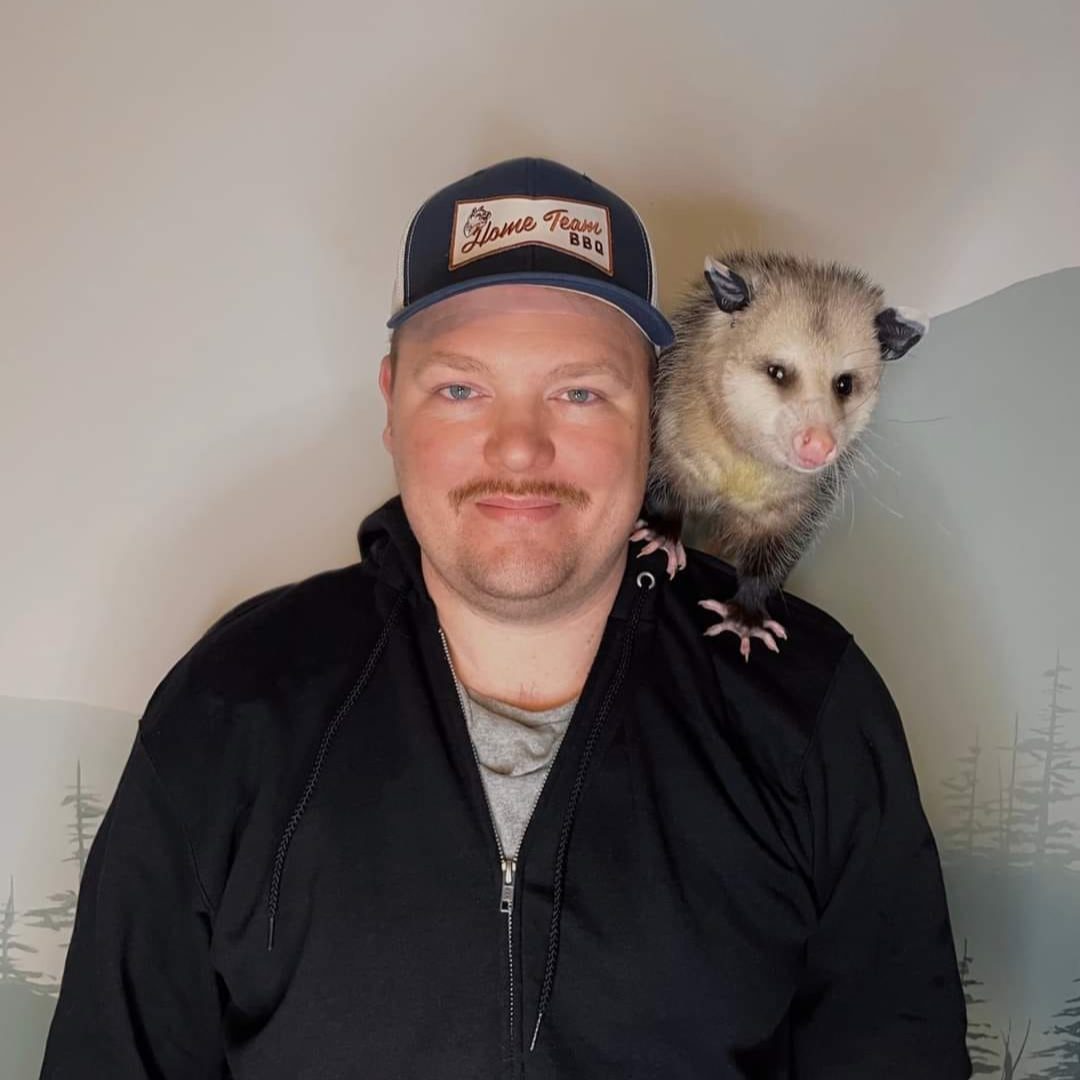Chris Wallace sees a need to help an often misunderstood species and preserve a vital link in the ecosystem.
So he and his wife, Elise, help rescue opossums.
For more than 10 years, they’ve worked with The Opossum’s Pouch Care and Rescue and Southern Opossum Sanctuary to help care for and rescue abandoned or injured opossums.
There are several ways volunteers can help rescue operations, including driving to pick up opossums in distress from the original finder, general transport, long term care and adoption for disabled adults, feeding the young, taking weaned babies in and caring for them until they’re able to be released into outdoor enclosures, providing those enclosures for adolescents, and much more.
“Depending upon your time available and your lifestyle, you can do one or multiple of these jobs,” he said. “It’s completely up to what you’re able to do. If the moms die, for example, we’ll tube-feed the babies. If there’s one hit by a car and we can get to it, we’ll go pick it up until we can get it to the rescue and get it medical attention.”
Through rescue work, Wallace has learned a lot about opossums, and works to dispel myths about the animals.
“Opossums don’t carry rabies,” he said. “It’s a common myth that they do, but their body temperature is slightly lower than that of other mammals, and so the virus can’t take hold. They make mean faces, drool, growl, and act strangely when approached to scare predators away. And they’re very important to the ecological system. They eat dead things, ticks, and snakes. They’re not destructive, and they mostly stay away from humans.”
The Wallaces have occasionally had as many as 16 opossums being rehabilitated at a given time. Chris even has a Facebook page, Possum Dad, dedicated to providing information about his current rescues. The page has more than 900 followers.
“I thought it would be cool to set up a page to provide updates and clear up some misconceptions,” he said.
Some of his rescues are even pets.
“We do have some that aren’t able to be released,” he said. “They clearly become domesticated really, really easily and can’t be put back into the wild. And they’re really sweet.”
If you’d like to help, Wallace recommends messaging rescues about volunteering or donating to address their needs. He said rescues are always looking for fleece blankets, larger cages, and funds for operations and veterinarian bills.
Our Work Where series offers a glimpse of where folks work and why. These folks come from all walks of life, and could be anyone. We might feature the people who keep you safe, the people who keep things running, or people with jobs we've never even heard of. We might even feature you! We're always taking nominations, and you can get in touch with us by emailing jed@harrisonsworkwear.com.

